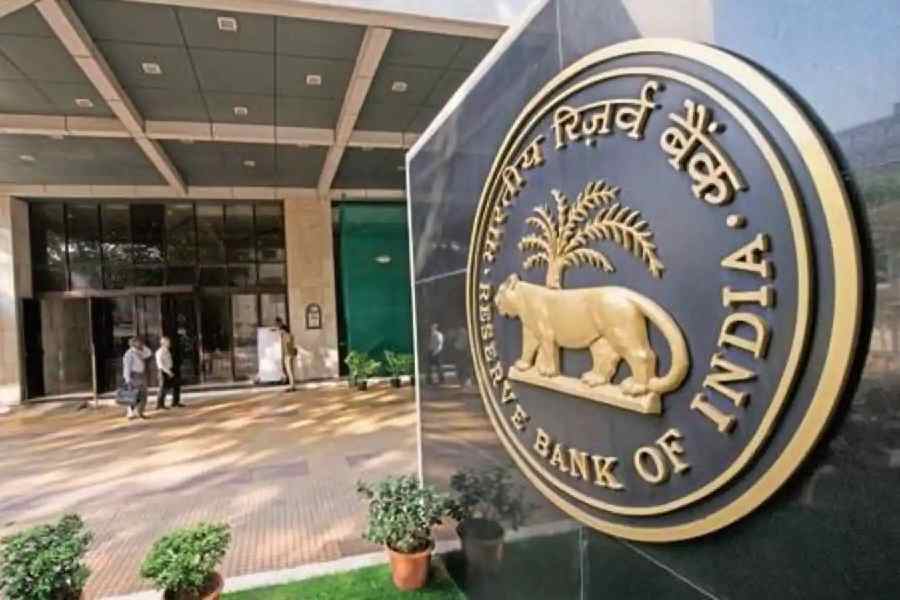The board of the Reserve Bank of India (RBI) on Friday has approved the sum of Rs 87,416 crore as dividend to the Centre for 2022-23.
Though nearly two times the sum of Rs 48,000 crore budgeted by the central government as dividend from the central bank, PSU lenders and other financial institutions, the dividend is lower than some of the estimates of economists. Analysts at Standard Chartered had projected the transfer could come between Rs 1 lakh crore and Rs 2 lakh crore.
``The board approved the transfer of Rs 87,416 crore as surplus to the central Government for the accounting year 2022-23,’’ a statement from the RBI said.
The board also decided to raise the contingency risk buffer (CRB) at 6 per cent from 5.5 per cent for 2021-22, when the apex bank transferred Rs 30,307 crore.
The RBI’s earnings come from interest earned on bond holdings, purchase and sale of government securities and from its dealings in the forex market. Part of these earnings is set aside for its operational and contingency needs, while the rest is transferred to the government in the form of a dividend.
``The figure (dividend payment of Rs 87,416 crore) is in line with our estimate. We were expecting anything between Rs 80,000 crore and Rs 95,000 crore. The fact that they have increased the contingency buffer as a percentage of balance sheet from 5.5 per cent to 6 per cent probably has led to it remaining at the lower band of our expectation. Otherwise, it would have touched Rs 95,000 crore or even more,’’ Madhavi Arora, lead economist, Emkay Global Financial Services, said.
Arora said the RBI has made bumper profits on forex sales though it had to make higher provisions for the losses suffered on their foreign and domestic bond holdings on its mark-to-market book.
During the fiscal, bond prices both in the domestic and international markets — the RBI holds both domestic and foreign debt — had cracked.











